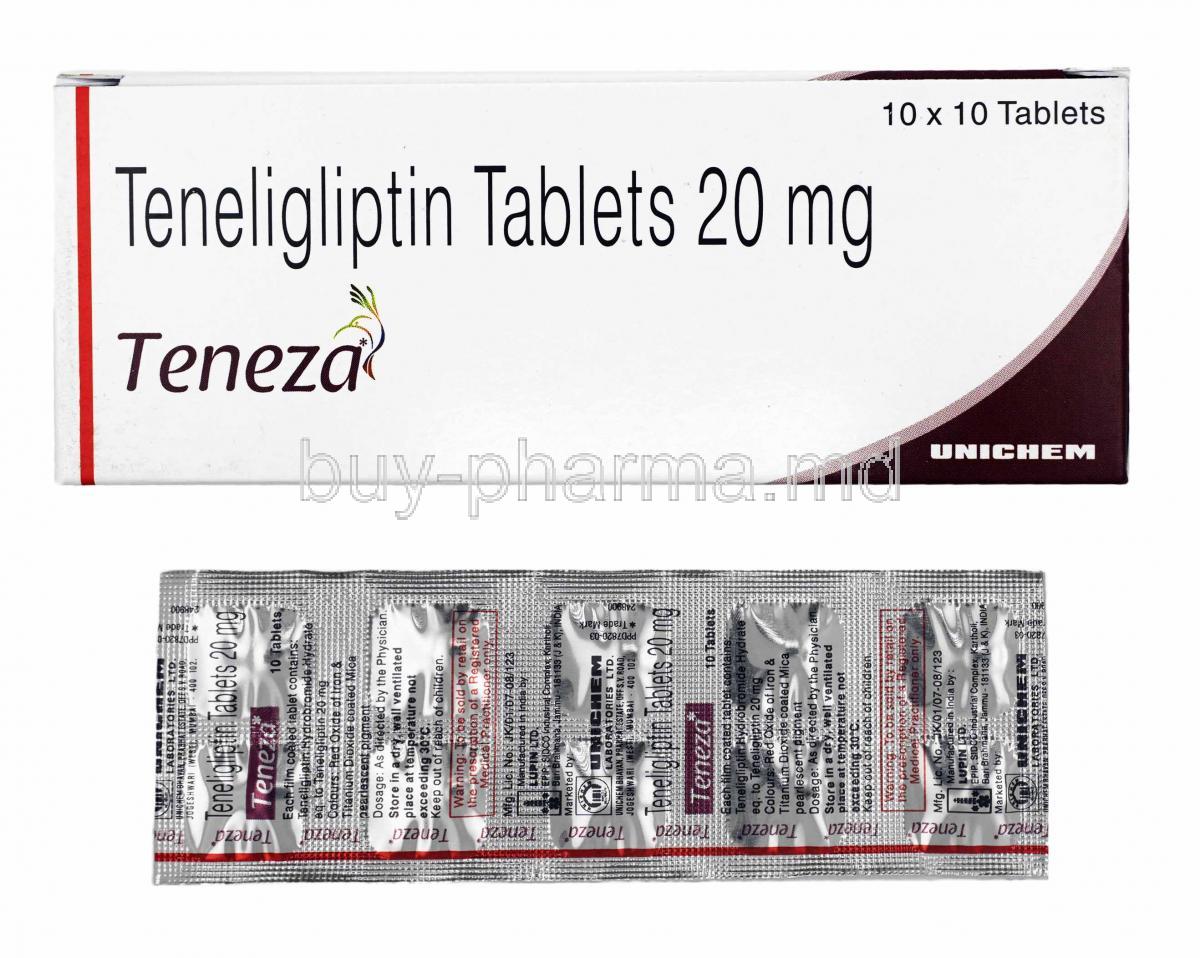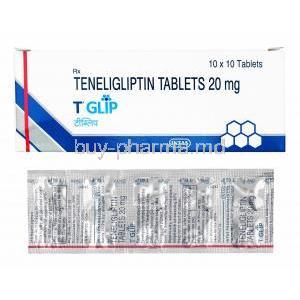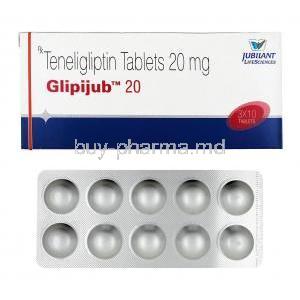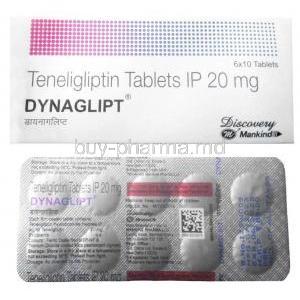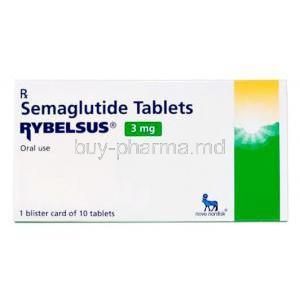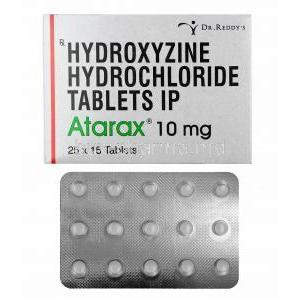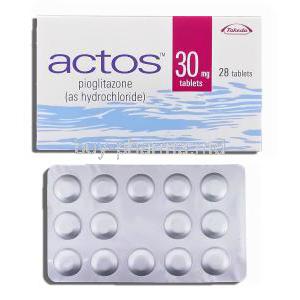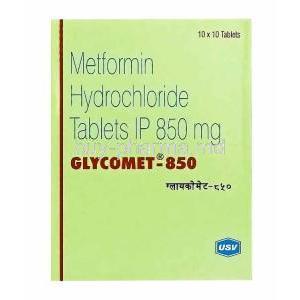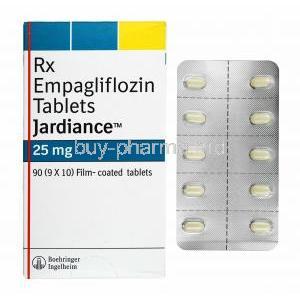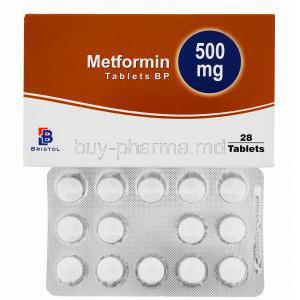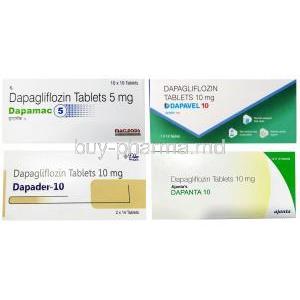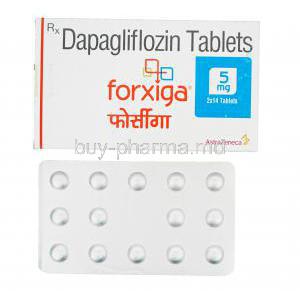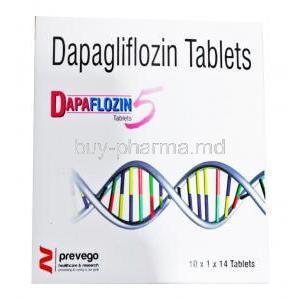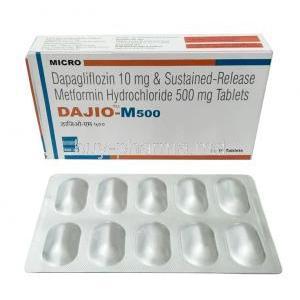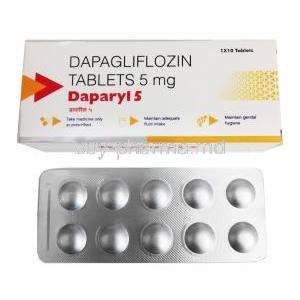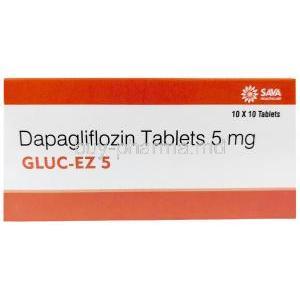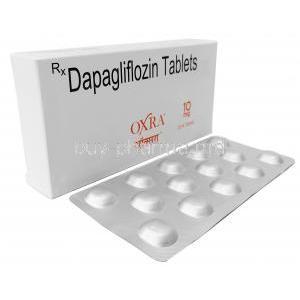Teneligliptin
- I. Introduction
- II. Composition of Teneligliptin
- III. How Teneligliptin Works
- IV. Uses of Teneligliptin
- V. Off-label Use of Teneligliptin
- VI. Dosage and Administration
- VII. Side Effects of Teneligliptin
- VIII. Important Precautions and Warnings
- IX. Special Administration Considerations
- X. Overdosage and Management
- XI. Storage and Handling Precautions
I. Introduction
A. Introduction to Teneligliptin Teneligliptin is a state-of-the-art medication for treating Type 2 Diabetes Mellitus. It belongs to a class of drugs called peptidase 4 (DPP 4) inhibitors, known for their effectiveness in reducing blood glucose levels.
B. Brief Background and Development The origins of Teneligliptin can be traced back to the 21st century when it underwent extensive pharmacological research. Its development marked a milestone in diabetes management by introducing a unique mode of action.
C. Article Scope This article explores Teneligliptin's aspects, including its composition, mechanism of action, applications, and important considerations for its use.
II. Composition of Teneligliptin
A. Chemical Structure Teneligliptin has a molecular structure scientifically referred to as {(2S,4S) 4 [4 (3 Methyl 1 phenyl 1H pyrazol 5 yl)piperazin 1 yl]pyrrolidin 2 yl}(1,3 thiazolidin 3 yl)methanone. This unique structure contributes to the way it works in the body.
B. Inactive Ingredients The composition of Teneligliptin consists of a compound that inhibits DPP 4, combined with other substances that improve its stability and ability to be absorbed by the body.
C. Pharmaceutical Formulations Teneligliptin is available in forms and strengths, such as tablets and film-coated versions. These variations cater to the needs and preferences of patients.

III. How Teneligliptin Works
IV. Uses of Teneligliptin
Teneligliptin is a medication used to control blood sugar levels in people with Type 2 Diabetes either on its own or when combined with other diabetes medications 1. Clinical studies consistently demonstrate that teneligliptin effectively lowers HbA1c levels providing significant therapeutic benefits for managing Type 2 Diabetes 2. Many comparative studies and clinical trials have confirmed the effectiveness and safety of teneligliptin making it a suitable option for populations with diabetes 23.
2: Efficacy and Safety of Teneligliptin in Patients With Type 2 Diabetes Mellitus: A Systematic Review and Meta-Analysis of Randomized Controlled Trials | Frontiers in Pharmacology 1: Teneligliptin: Indication, Dosage, Side Effect, Precaution - MIMS 3: Efficacy and Safety of Teneligliptin 40 mg in Type 2 Diabetes: A Pooled Analysis of Clinical Trials | Diabetes Therapy
V. Off-label Use of Teneligliptin
Beyond treating diabetes, teneligliptin has shown potential in treating metabolic disorders and ongoing research is exploring its possible uses in these areas 2. Recent studies suggest that teneligliptin could be beneficial for conditions like polycystic ovary syndrome and non-alcoholic fatty liver disease, highlighting its versatility as a therapeutic option 23. When considering the off-label use of teneligliptin, it is important to adhere to legal guidelines to ensure patient safety and obtain informed consent 2.
2: Teneligliptin: A Review of Non-Glycemic Effects | Indian Journal of Endocrinology and Metabolism 1: Teneligliptin: Indication, Dosage, Side Effect, Precaution - MIMS 3: Efficacy and Safety of Teneligliptin in Patients with Non-Alcoholic Fatty Liver Disease: A Randomized Controlled Trial | Diabetes Therapy
VI. Dosage and Administration
A. Typical Dosage Recommendations When taking Teneligliptin, taking it once a day is usually recommended. The dosage may be adjusted based on how the treatment works and how well it is tolerated.
B. Adjusting Dosage for Specific Groups For individuals with impairment or other special conditions, it is essential to make appropriate adjustments to the dosage of Teneligliptin. This ensures that both effectiveness and safety are maintained.
C. Best Practices for Administration To get the most out of Teneligliptin, carefully following the timing and dietary instructions is essential. This will help optimize its benefits.
VII. Side Effects of Teneligliptin
A. Common Side Effects Overview: Although Teneligliptin is generally well tolerated, it may cause side effects such as nasal congestion, headaches, and digestive issues.
B. Handling Side Effects in Medical Settings: To effectively manage these side effects, healthcare professionals should closely monitor patients, provide education about potential issues, and, if necessary, consider interventions or adjustments in dosage.
C. Examining Long-term Side Effects: It is crucial to conduct studies to evaluate the safety profile of Teneligliptin over extended periods of treatment. This long-term surveillance helps assess any impacts that may arise.

VIII. Important Precautions and Warnings
A. Contraindications and Warnings Teneligliptin should not be used in situations due to potential risks. Patients who have had allergic reactions to the drug or its ingredients should avoid using it. Additionally, caution is advised for patients with liver problems or significant kidney dysfunction. Individuals with a history of pancreatitis need monitoring. Using this medication in patients with heart failure requires consideration.
B. Interactions with Other Medications Teneligliptin may interact with medications, affecting their effectiveness or increasing the chances of side effects. These interactions include but are not limited to Taking sulfonylureas or insulin together, which may increase the risk of low blood sugar levels (hypoglycemia). When using antibiotics or antifungal drugs concurrently, dosage adjustments might be necessary.
C. Precautions for Specific Patient Groups Extra caution is required when administering Teneligliptin to specific groups of patients, such as those with a history of heart disease or gastrointestinal disorders.
IX. Special Administration Considerations
A. Administering to Elderly Patients When treating patients with Teneligliptin, it is essential to adjust the dosage carefully due to their potentially reduced kidney function. Additionally, it's worth noting that elderly patients may have a heightened sensitivity to the effects of Teneligliptin.
B. Considerations for Pregnant Women and Nursing Mothers The safety of using Teneligliptin during pregnancy and breastfeeding has not been definitively established. Therefore, it should only be prescribed to women or nursing mothers if the benefits outweigh any potential risks to the fetus or infant.
C. Use in Pediatric Patients and Safety Profile While the safety and effectiveness of Teneligliptin in patients have not been firmly determined, caution should be exercised when considering its use in children and adolescents. Close medical supervision is advised in cases.
X. Overdosage and Management
A. Recognizing Signs and Symptoms of Taking Too Much Teneligliptin If someone takes an amount of Teneligliptin, it can result in severe hypoglycemia. Common signs to watch out for are excessive sweating, palpitations, and confusion. It's crucial to seek medical attention in such cases.
B. Managing. Availability of Antidotes In the event of an overdose, it's vital to seek medical help. Although there isn't an antidote for Teneligliptin, providing supportive care and closely monitoring vital functions is crucial. In some cases, administering glucose might be necessary to treat hypoglycemia.
C. Reporting. Documenting Incidents: Any instances of overdose should be reported to healthcare authorities. Documenting the patient's condition, the amount of drug ingested, and the actions taken for effective management and future reference is essential.

XI. Storage and Handling Precautions
A. Storage Recommendations for Teneligliptin To maintain its stability and effectiveness, it is advised to store it at room temperature from direct sunlight and moisture. It is recommended to keep the medication in its packaging until you need to use it.
B. Guidelines for Handling and Disposing of Teneligliptin It is crucial to handle Teneligliptin to ensure safety. If you have any expired medication, dispose of it following local regulations to prevent environmental contamination or accidental ingestion.
C. Information on Stability and Shelf Life Teneligliptin has a shelf life beyond which its effectiveness and safety cannot be guaranteed. Patients should regularly check the expiry date. Avoid using the medication beyond its shelf life.

